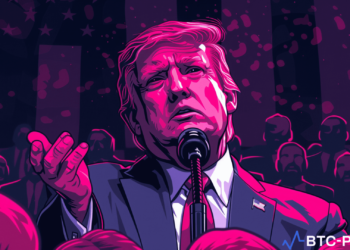Argentina Introduces National Registry for Crypto Exchanges to Enhance Market Integrity
With an eye on market integrity, Argentina is rolling out a national registry for crypto exchanges, signaling a tightening grip on the burgeoning sector.
Launch of the Virtual Asset Service Provider Registry
Argentina’s National Securities Commission (CNV) has launched the Virtual Asset Service Provider (VASP) registry, receiving applications from nearly a hundred individuals and legal entities, as per the government’s announcement.
The registry will accept new applications from entities interested in offering crypto trading services in the country, with the condition that applicants would have to wait for registration confirmation before commencing operations. The commission reports that out of the 85 requests received from legal entities since the registry’s launch, 35 have been successfully registered so far, including four foreign platforms, without naming them.
Compliance and Operational Continuity
Entities that have complied with the requirement to submit registration requests to the registry would be permitted to continue operations in Argentina, while non-compliant entities would be barred from conducting activities until registered, according to the announcement.
Argentina first unveiled mandatory registry requirements for the crypto space in late March, with CNV chair Roberto E. Silva stating the country “worked against the clock to advance compliance” aimed at preventing money laundering and terrorism financing.
Concerns from the Local Crypto Community
Despite these measures, the local crypto community has expressed concerns about increased government regulation. In an interview with Forbes, Manuel Ferrari, a member of the Argentinian NGO Directive and co-founder of the Money On Chain protocol, criticized the registry as a “terrible idea,” arguing that Bitcoin is “money, not a security.”
Balancing Regulation and Innovation
Argentinians are turning to Bitcoin and other cryptocurrencies as a financial refuge, leading to a rise in both legitimate transactions and scam activities. The CNV’s regulation aims to mitigate these risks without stifling innovation in the crypto space.










